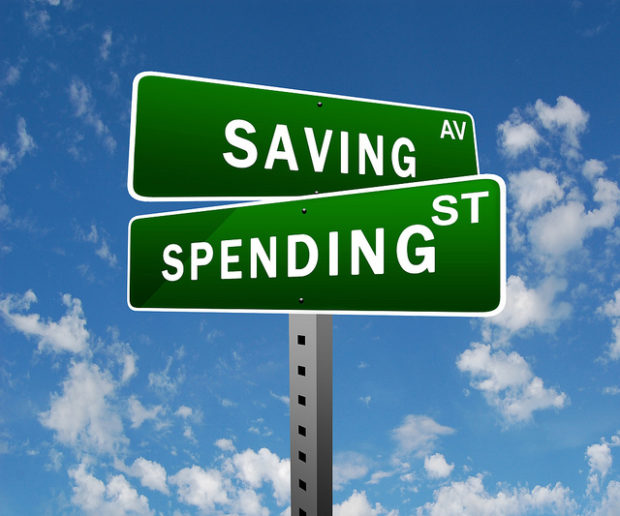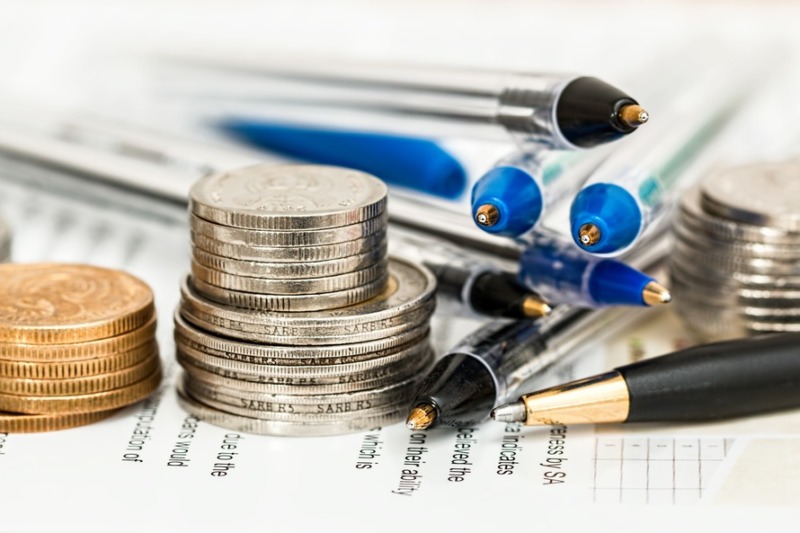The Importance of Budgeting When In Debt

Budgeting is important even if your financial situation is a positive one. But if you are in debt it simply becomes a necessary part of life. If you have enough disposable income to pay off your debts a little each month then budgeting is a great way of repaying those debts looming over you each month.
Careful budgeting can help you get your life back on track. Not only can it ensure you have the funds to pay off debts, you might even discover you have enough left over to move into a savings account for something special.
But how do you go about budgeting, especially when you have creditors hungry for their money back? Here’s how:

Look closely at your finances
It’s time to sit down and check exactly how much you’re bringing home each month and where this money is going. Look at your direct debits and be sure there aren’t any unnecessary ones and cancel these. Perhaps there is a subscription to a movies package no one uses or to the gym you rarely visit. It’s easy to forget those kinds of automatic payments. Use a budget calculator, such as this one created by the Money Advice Service, to check how much you are spending each month on things like food and fuel and consider if you could cut these costs down.
Put a plan into action
A budget is all about making a little sacrifice that will go a long way. If you buy a cup of coffee on your way to work every morning that’s £3.20 a cup, this will amount to £832 a year! The same applies if you buy lunch from the shop every day, instead of packing your own. A sandwich from a supermarket can come in at £2.80 (not including the drink and crisps you more than likely purchase with it) and so on a yearly basis this could cost you £728!
Prepping meals is a great way of improving how your budget looks as you buy items in bulk and use them for the rest of the week. It also means there’s no mad dash in the morning to find something to take to work with you. If you are in debt every penny counts towards that final repayment, so ensure you are cutting costs on the everyday things within your budget.

Switch suppliers
Energy and insurance providers can be switched to save money. Changing energy supplier is relatively simple and can be done without any fees, saving you money in the long run. You may have to pay a fee to move insurance provider but if the monthly costs are significantly lower it might be worth it. Check out insurance comparison sites to find a better deal that fits within your new budget.
Do not take out more credit
If you are already struggling with debt, it’s very important you are not tempted to take out any more credit while creating this budget. That means cancelling credit cards, not taking out store cards and refraining from the ‘buy now pay six months later’ offers. More things to pay off will do your budget no good, so avoid them if you can! We understand life can sometimes get in the way – the washing machine breaking for many could mean the difference between not eating properly for a week to pay for a new one or not having clean clothes until the money can be saved for a new one.
Budgeting now, while you can manage in your financial situation, is a good start and could prevent you from having to seek out more serious advice from a service such as PayPlan in the future if the debt simply becomes too much.
Images:
Budget GotCredit notebook jridgewayphotography lunch R. Crap Mariner



